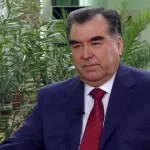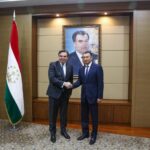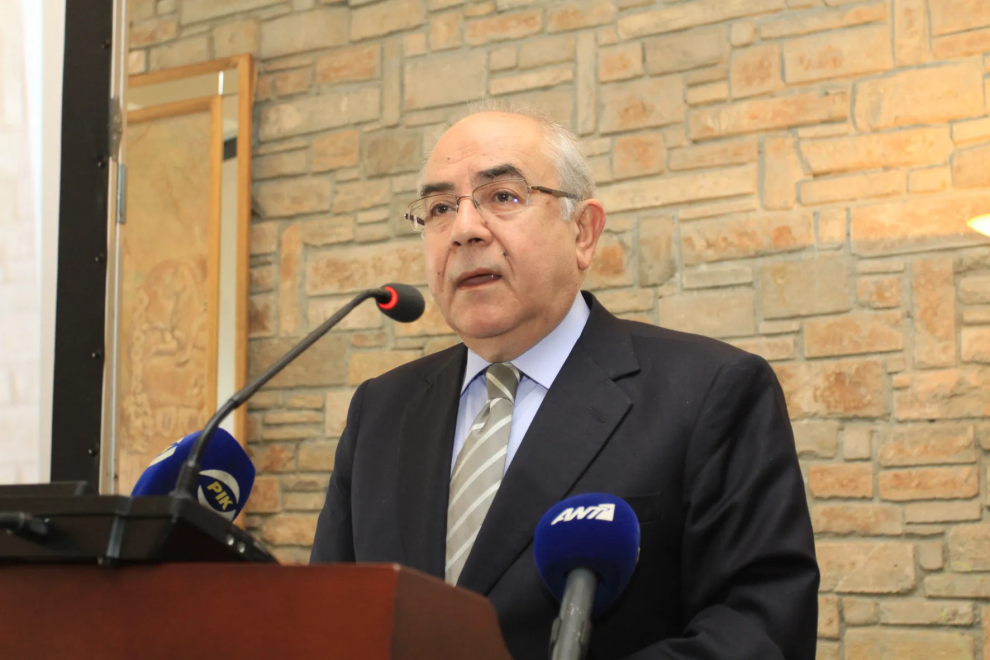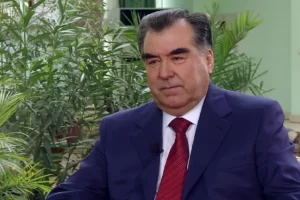After the presidential elections, the subject of Cyprus’ participation in the European Collective Security System must be brought back to the news. With the only method that exists, the submission of an application for the inclusion of Cyprus in the “Cooperation for Peace”. This position in no way means that we equate ourselves with the positions of the Conservatives in Europe for a US-led European Defense and Security Policy. On the contrary, our goal is gradual complete independence from US tutelage. For an independent common foreign policy, Defense and Security policy.
Nor does this position mean that we accept the point of view that equates the responsibilities of the wrongful occupying Turkey with the alleged responsibilities of Cyprus, which is the victim and occupation, for the difficulties presented in EU relations. – NATO.
A historical review demonstrates the need to immediately apply for membership in the Cooperative for Peace.
The CFSP (Common Foreign and Security and Defense Policy) and the later ESDP (European Security and Defense Policy) was established by the Maastricht Treaty in 1993 and basically expresses the will of the EU. to confirm its identity on the international stage. According to the same treaty, the CFSP includes the progressive formation of a common defense policy, which may lead to a common defense, if the European Council so decides. After the Maastricht Treaty, the CFSP constitutes the 3rd pillar of the EU. (1st pillar citizenship – EMU and 2nd pillar internal law and harmonisation).
Subsequently, the European Council in June 1999 in Cologne, proceeded with decisions to acquire the possibility of the existence of armed forces for the purposes of crisis management and prevention. In December 1999 in Helsinki, the European Council went a step further, defining a numerical framework for the creation of a European army by 2003. At the Council of the Portuguese city of Feira, in June 2000, the military and political bodies that will politically direct and they have strategic control of Union military operations.
The Greek presidency in 2003 had the privilege of being “credited” with the achievement of the essential “birth” of the European Military Force (60,000 men and women). At the Council of 25 Ministers of Defense on May 19, 2003 in Brussels, under the Greek Presidency, the operational capacity of the Union to conduct operations in the full range of missions assigned to it, i.e. humanitarian and peacekeeping missions of the “Petesberg” type, was recognized and certified. Such missions were successfully undertaken and carried out in Bosnia (police mission) in FYROM and Congo in an autonomous military operation under the auspices of the United Nations. In the last mission, Cyprus also had an active participation, with the presence of National Guard officers. Cyprus participated in the mission to Darfur, Sudan,
Cyprus and Malta, based on the final conclusions of the Copenhagen European Council in December 2002, were decided to participate in the CFSP pillar only where the operations do not use NATO infrastructure. This is because both Cyprus and Malta do not participate in either NATO or the “Cooperation for Peace”. (PPP). Malta submitted a related request. The participation of Cyprus in PESCO in no way replaces the need to join the “Cooperation for Peace”.
The only and mandatory way out is therefore the immediate submission of an application by the Republic of Cyprus to become a member country of the Partnership for Peace (PFP) Because in Cyprus bitter and painful experiences of the past, as far as NATO is concerned, it is possible to create negative associations, it is necessary to clarify the following:
The Partnership for Peace is a post-diplomatic Organisation, created in January 1994, with the aim of enhancing stability and security across Europe. Countries that are not members of NATO participated or are participating in this Organization. Such countries include Russia, Armenia, but also the neutral countries of Europe, i.e. Austria, Finland, Sweden and Switzerland. It is obvious that it is in the interest of Cyprus to submit an application for accession to this Organization without further delay, which will allow us to participate seamlessly in the European Collective Security System.
Cyprus can emerge as a critical and central factor in shaping regional security conditions. Something that the Annan plan also tried to exclude, apparently at Turkey’s request, with the provision that for Cyprus to participate in ESDP operations Turkey’s consent would have to be obtained!
Bottom line: Any clinging to old notions, to outmoded political practices that belong definitively to the history of a world that is gone, will be tantamount to defeat. We must prevent this risk by initiatives, by action and by taking advantage of new opportunities and possibilities. Will we accept that Cyprus is a deficit and second class European country? The challenge to join the new European architecture, with a common Security and Defense Policy, is before us.
Let’s build the new reality by turning the page.
Note (1) The Russian invasion of Ukraine in no way weakens the need for Cyprus to join the “S.G.T.E.” The opposite.
Note (2) The fact that “S.g.T.E.” is associated with NATO should not be a reason to avoid our membership. From the moment we participate in the EU, it is unthinkable not to participate in the main pillars of its policies. After all, since the new President seeks the most active assistance of the EU in the efforts for a solution to the Cyprus problem, it would be unthinkable for us to be selective in participating in all the Union’s policies.
Source: pavosnet






































